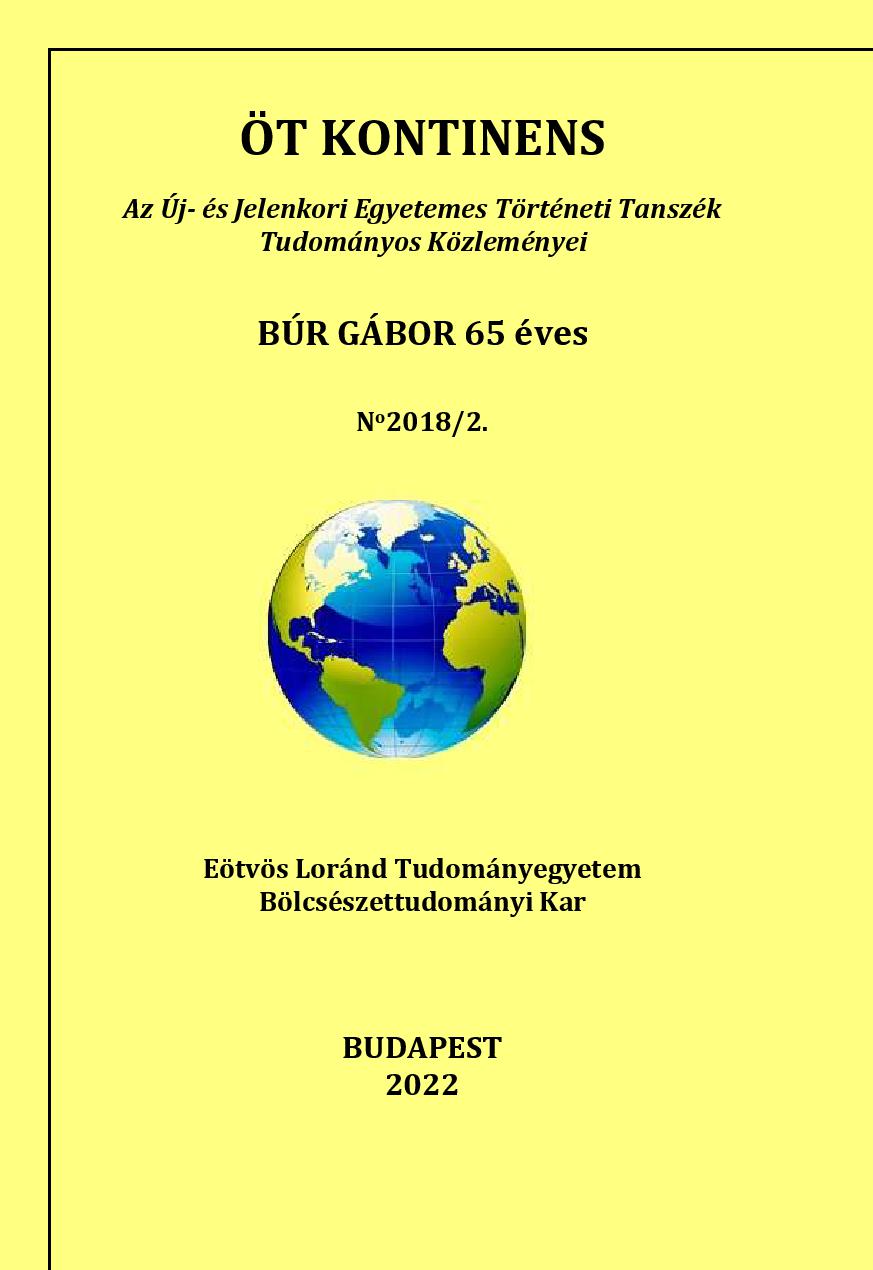A spanyol posztkoloniális külpolitika az 1898-as „katasztrófától” a francóista Hispanidad születéséig
The Spanish Post-Colonial Foreign Policy from the „Disaster” of 1898 to the Birth of the Francoist Hispanidad
Author(s): Réka KontraSubject(s): Military history, Political history, 18th Century, 19th Century, Pre-WW I & WW I (1900 -1919), Interwar Period (1920 - 1939)
Published by: Eötvös Loránd Tudományegyetem, Új-és Jelenkori Egyetemes Történeti Tanszék
Keywords: hispanismo; Hispanidad; Monroe-doctrine; Falange Exterior; Ramiro de Maeztu; civil war; Consejo de la Hispanidad;
Summary/Abstract: The lost cause of last Spanish colonies like Cuba, took a catastrophic effect on Spain in 1898. Both foreign policy and internal affairs changed, the postcolonial relations became the focus point of the mother country. After this disaster hispanismo and later Hispanidad were born which dominated the Spanish intellectual life. The primary aim was to get these lost lands back, but in another way, without conquest. These movements created new relations with Latin-America at the spiritual horizon to unify the inhabitants of Spain and Spanish descendants in America. Synchronization of economy and foreign policy like primary aims, gave a chance to re-establish Spain’s international loss of prestige and to hold up the expansion of the USA. Hispanismo was a theoretic phenomenon with conservative characteristics such as racial segregation which was eliminat-ed by Hispanidad. The latter was a political instrument that during Fran-quismo pushed into Latin-American policy.
Journal: ÖT KONTINENS
- Issue Year: 2018
- Issue No: 2
- Page Range: 245-264
- Page Count: 20
- Language: Hungarian

